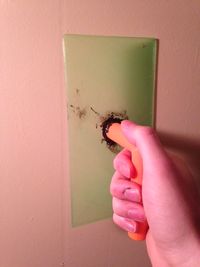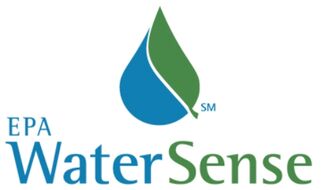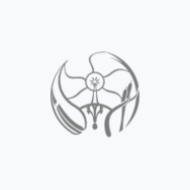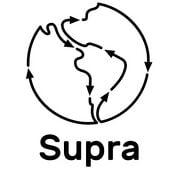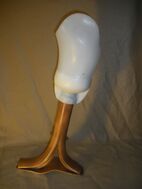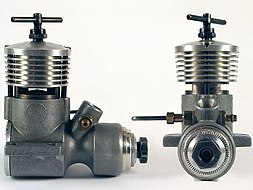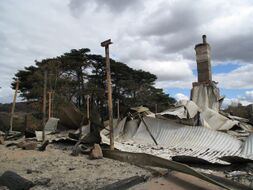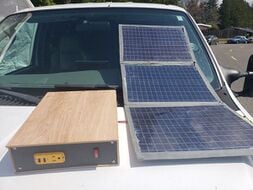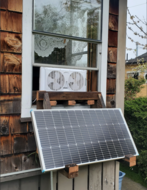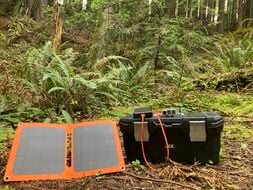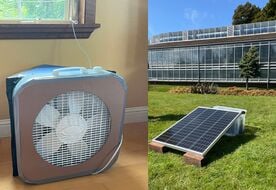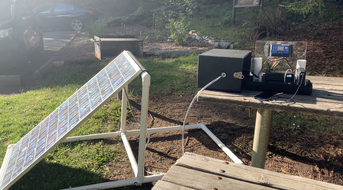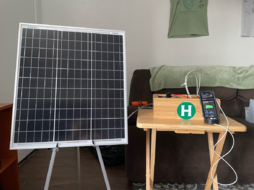No edit summary |
No edit summary |
||
| Line 9: | Line 9: | ||
==Abstract== | ==Abstract== | ||
According to Construction in Africa investors are looking to invest $100 billion dollars in the infrastructure of Africa per year starting in 2013 in the next decade. A way to put this money to use in the developing continent and to save money in the building of infrastructure cost 3D printers could be used to make tools more available and cheaper. One tool is the concrete trowel which could be 3D printed as a cheaper method for smoothing out concrete walls and plaster on walls for the building of infrastructure in developing countries. This trowel would help fulfill the needs of affordable tools for concrete and interior work on houses and buildings in developing countries. Also the light weight of a 3D printed trowel would ease the strain on the wrists of construction laborers. Lastly customizable handles could be made based on construction workers grips which would make it easier on workers. | According to Construction in Africa investors are looking to invest $100 billion dollars in the infrastructure of Africa per year starting in 2013 in the next decade <ref>Construction in Africa, KPMG (2014) Available: https://www.kpmg.com/Africa/.../Construction%20in%20Africa.pdf</ref> . A way to put this money to use in the developing continent and to save money in the building of infrastructure cost 3D printers could be used to make tools more available and cheaper. One tool is the concrete trowel which could be 3D printed as a cheaper method for smoothing out concrete walls and plaster on walls for the building of infrastructure in developing countries. This trowel would help fulfill the needs of affordable tools for concrete and interior work on houses and buildings in developing countries. Also the light weight of a 3D printed trowel would ease the strain on the wrists of construction laborers. Lastly customizable handles could be made based on construction workers grips which would make it easier on workers. | ||
[[Image:ConcreteTrowel_1.jpg|200px|middle]] | [[Image:ConcreteTrowel_1.jpg|200px|middle]] | ||
| Line 75: | Line 75: | ||
==References== | ==References== | ||
<references/> | <references/> | ||
Revision as of 02:04, 8 December 2015
Title of the device or system
Project developed by Ethan Marshall
Template:Statusboxtop Template:Status-design Template:Status-prototype You can help Appropedia by contributing to the next step in this OSAT's status. Template:Boxbottom
Abstract
According to Construction in Africa investors are looking to invest $100 billion dollars in the infrastructure of Africa per year starting in 2013 in the next decade [1] . A way to put this money to use in the developing continent and to save money in the building of infrastructure cost 3D printers could be used to make tools more available and cheaper. One tool is the concrete trowel which could be 3D printed as a cheaper method for smoothing out concrete walls and plaster on walls for the building of infrastructure in developing countries. This trowel would help fulfill the needs of affordable tools for concrete and interior work on houses and buildings in developing countries. Also the light weight of a 3D printed trowel would ease the strain on the wrists of construction laborers. Lastly customizable handles could be made based on construction workers grips which would make it easier on workers.
Bill of Materials
CAD files of parts FreeCAD files found here
STL
Purchased materials
- JB weld
Tools needed for fabrication of the OSAT
Skills and Knowledge Necessary to Make the OSAT
- N/A
Technical Specifications and Assembly Instructions
- The masonry tool base slicer settings were
- Layer Height: 0.25 mm
- Top/Bottom layer thickness: 0.75 mm
- Shell Thickness: 1.4
- Fill Density: 100%
- Printer Speed: 30 mm/s
- Travel Speed: 50 mm/s
- The masonry handle slicer settings
- Layer Height: 0.25 mm
- Top/Bottom layer thickness: 0.75 mm
- Shell Thickness: 1.4
- Fill Density: 60%
- Printer Speed: 60 mm/s
- Travel Speed: 50 mm/s
- Print times: 2 hr 46 min for the tool base and 59 min for the handle- total time: 3 hr 45 min -Assembly
- JB weld was placed on the short end of the handle and the handle was placed in the middle of the tool base (2 1/16 in from the long side and 4 in from the short side of the tool base)
Common Problems and Solutions
- Include common mistakes/problems to avoid in building your OSAT and how to overcome them
Cost savings
- 70 g of PLA filament were used which was a total cost of $1.12 at $16 for 1 kg of PLA filament
- The JB weld cost $3.00 for 2 oz of JB weld but only about .5 oz was used in assembly which cost about $0.33
- Adding up both costs the total cost is $1.45
- Trowels can range in price from $3.00 to $50
- The cost savings would be $1.55 to 48.55
- The cost savings in percent would be 51% to 97.1%
Gallery
References
- ↑ Construction in Africa, KPMG (2014) Available: https://www.kpmg.com/Africa/.../Construction%20in%20Africa.pdf
